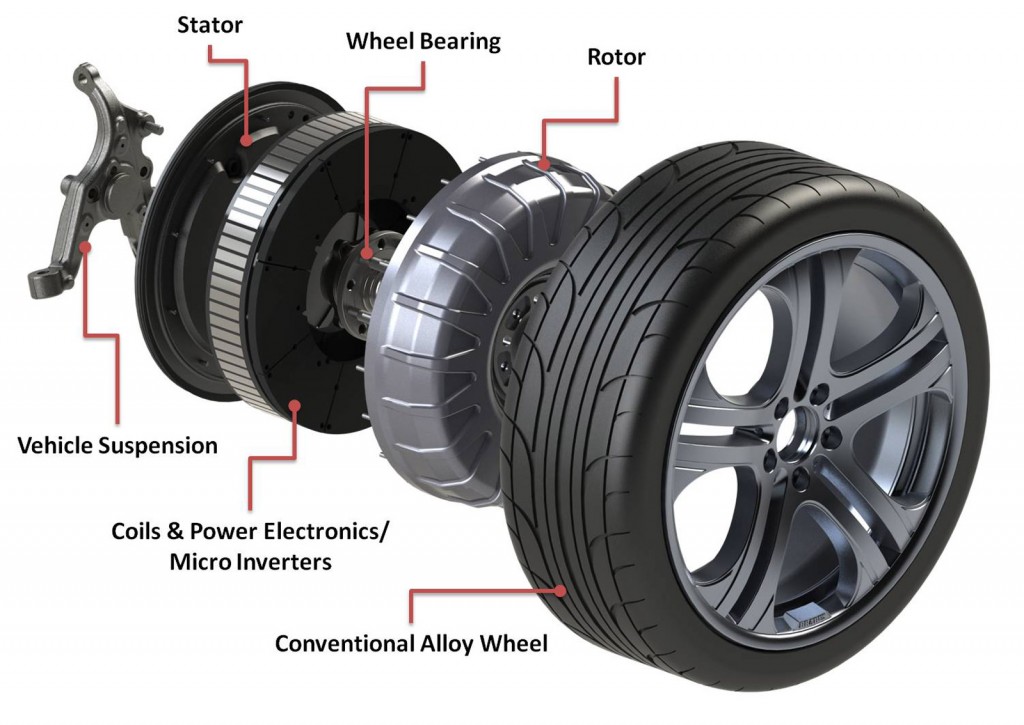Stillborn NEVS Emily GT features in-wheel motors, Saab cues
A secret electric sedan in development at NEVS has surfaced, the same month the Swedish electric-vehicle startup announced it was shutting down.
NEVS is the company that famously tried to save Saab after it went bankrupt in 2011. After failing in that effort, NEVS attempted to use its own name for a brand of EVs packing the latest technology and developed by many of the same people that worked at Saab.
One of those EVs was a large sedan, revealed here in prototype form as the NEVS Emily GT. Development started in 2019 and was completed in only 10 months.
In 2020, NEVS started documenting the Emily GT’s development with marketing company Plint, which has now released some of the content that was produced.
Will we see in-wheel motors in a future Koenigsegg? Christian von Koenigsegg seems impressed. pic.twitter.com/hoFuxig1LB
— MotorAuthority (@motorauthority) April 28, 2023
Part of the content includes a video featuring Koenigsegg CEO and founder Christan von Koenigsegg testing an Emily GT prototype. NEVS acquired a 20% stake in Koenigsegg in 2019, and the two companies planned to form a joint venture whose purpose was never revealed but was thought to be in the EV space.
The Emily GT wasn’t intended for production. Its purpose was as a demonstrator for in-wheel electric motor technology from Protean, a British EV technology company acquired by NEVS in 2019.
The development was led by Peter Dahl, who started his career at Saab in 1994 and joined NEVS after Saab’s bankruptcy. Also involved in the project was former Saab designer Simon Padien, who was part of the team that worked on the last Saab 9-5, which may explain why the Emily GT with its boxy greenhouse looks like it could be a spiritual successor to the 9-5.

Protean in-wheel electric motor
No specifications have been released by NEVS, but it’s thought that the Emily GT was designed to support a battery as big as 175 kwh. Each of its four Protean in-wheel motors was thought to be rated at 120 hp, which would mean a combined output of around 480 hp.
With each motor sitting in the space inside a wheel—supplying power exactly where and when the driver requires—gearboxes, driveshafts, and differentials weren’t necessary, eliminating weight while also improving the efficiency of power transfer. In addition, each in-wheel motor could be controlled entirely independently, providing far greater control, performance, and vehicle dynamics than more-conventional drive systems. U.S. EV startup Lordstown uses in-wheel motors on its Endurance electric pickup truck.
Further development of the Emily GT stopped in 2021 when NEVS parent company Evergrande Group ran into financial trouble with debts of more than $300 billion, linked primarily to its real estate business in China. At that time, with funding drying up, NEVS already began seeking a buyer. Now NEVS has shut down and is seeking buyers for its assets. The Emily GT is thought to be among the assets that NEVS has put up for sale.
